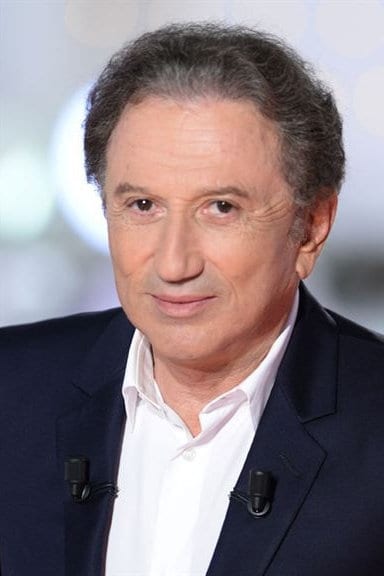
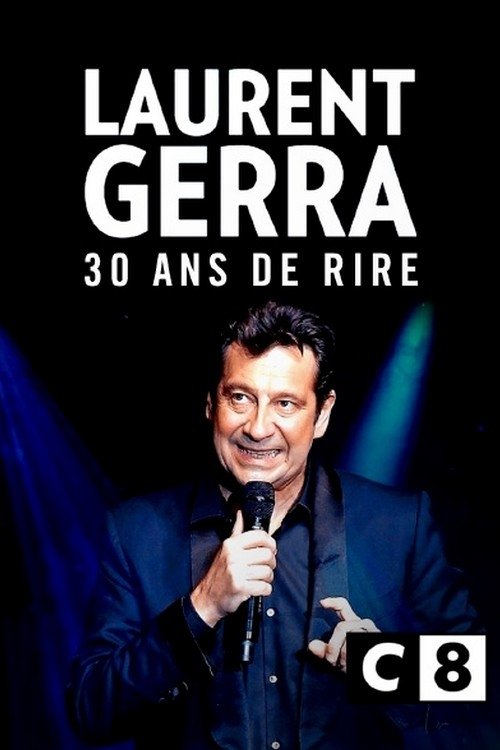

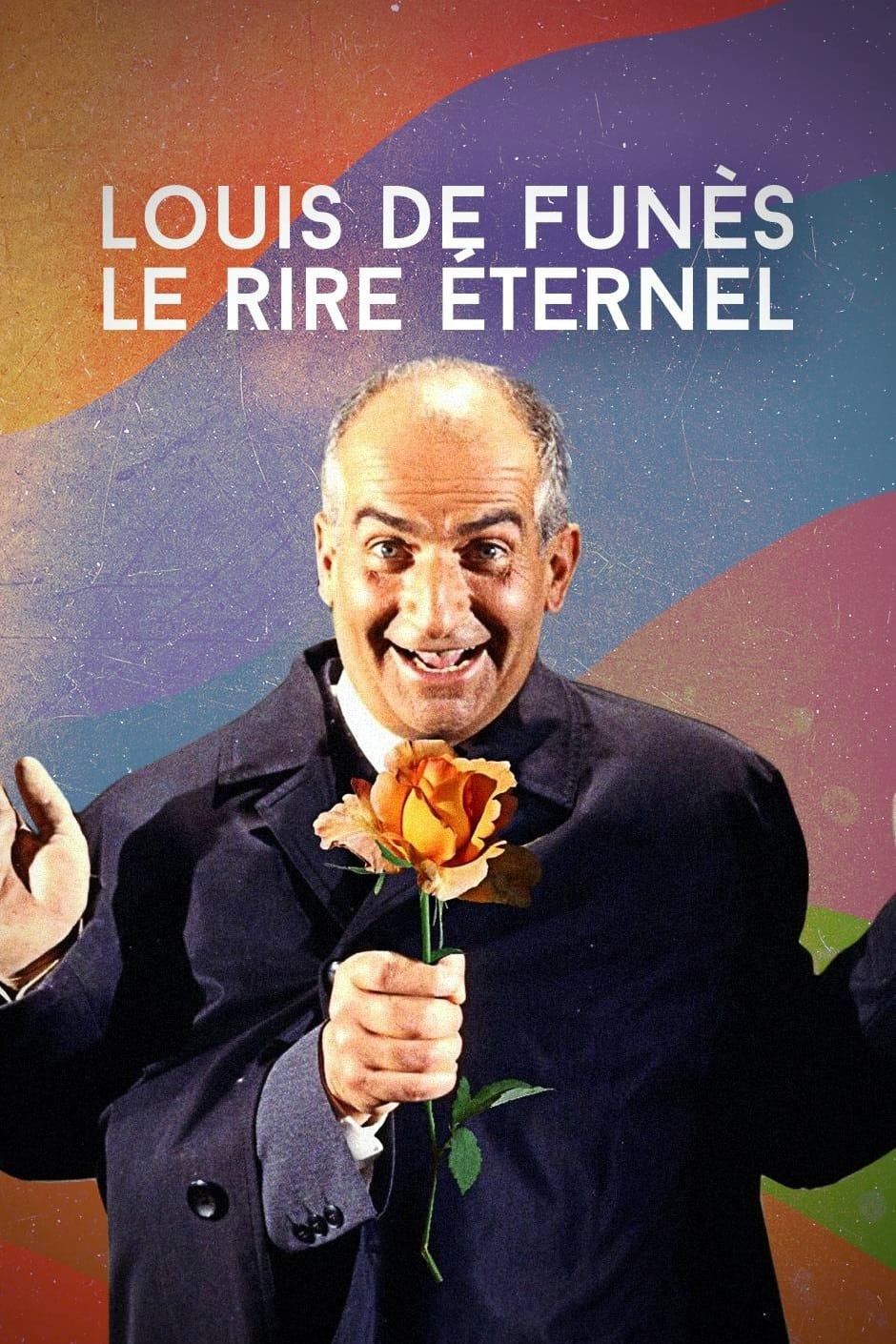
On the occasion of the fortieth anniversary of the death of Louis de Funès, this documentary by Jacques Pessis pays tribute to the cult actor by retracing his career through excerpts of his greatest successes in the cinema and in the music hall, never-before-seen archives, as well as testimonies from personalities and relatives.

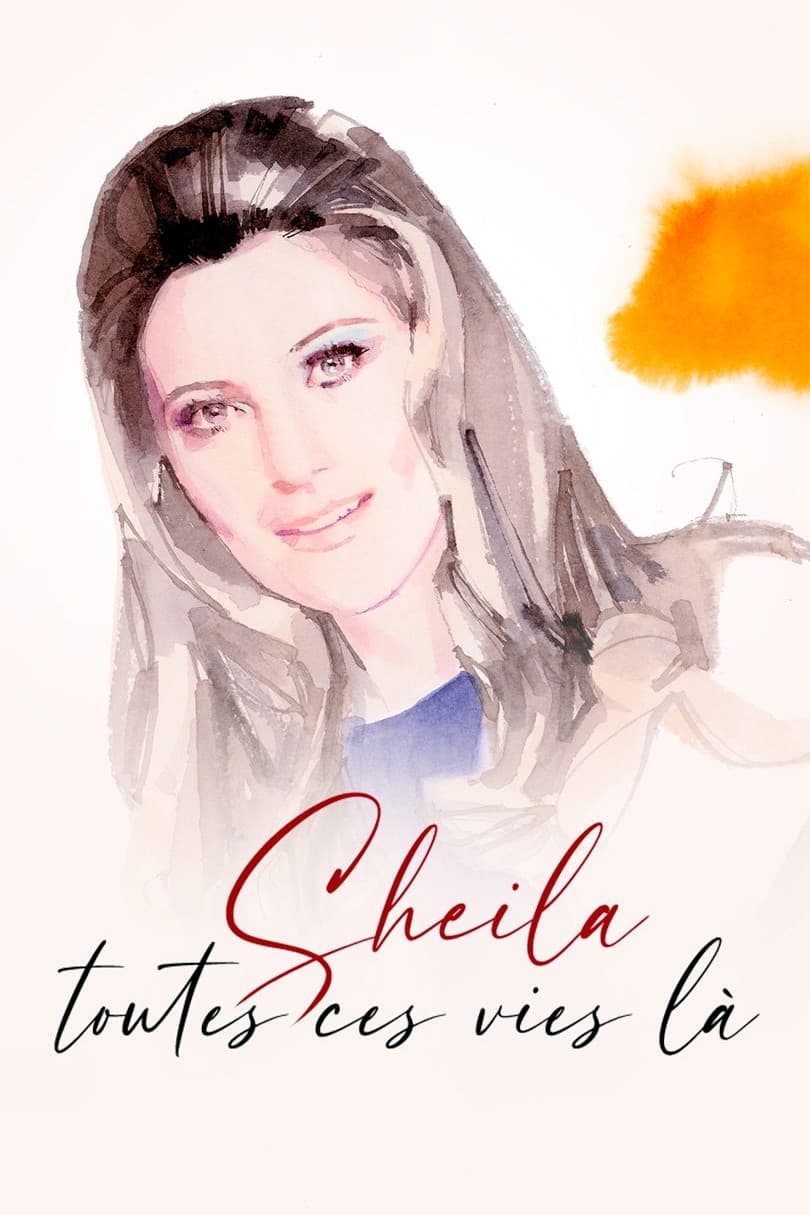
The portrait of a woman who remembers. Sheila tells the story of Sheila, without concessions or evasions. Her childhood, her parents, her beginnings, the rumors, her love affairs, her marriage, her son, her successes, her farewells, her return, her mourning. The journey of an extraordinary popular icon who never stopped fighting. The courage of an artist who never gives up. "Sheila, toutes ces vies-là" is also a journey through time. 60 years of pop music, punctuated by numerous archives, personal films, timeless hits and illustrations by Marc-Antoine Coulon. But also 60 years of fashion, through a legendary wardrobe (her TV show outfits) that Sheila invites us to rediscover.
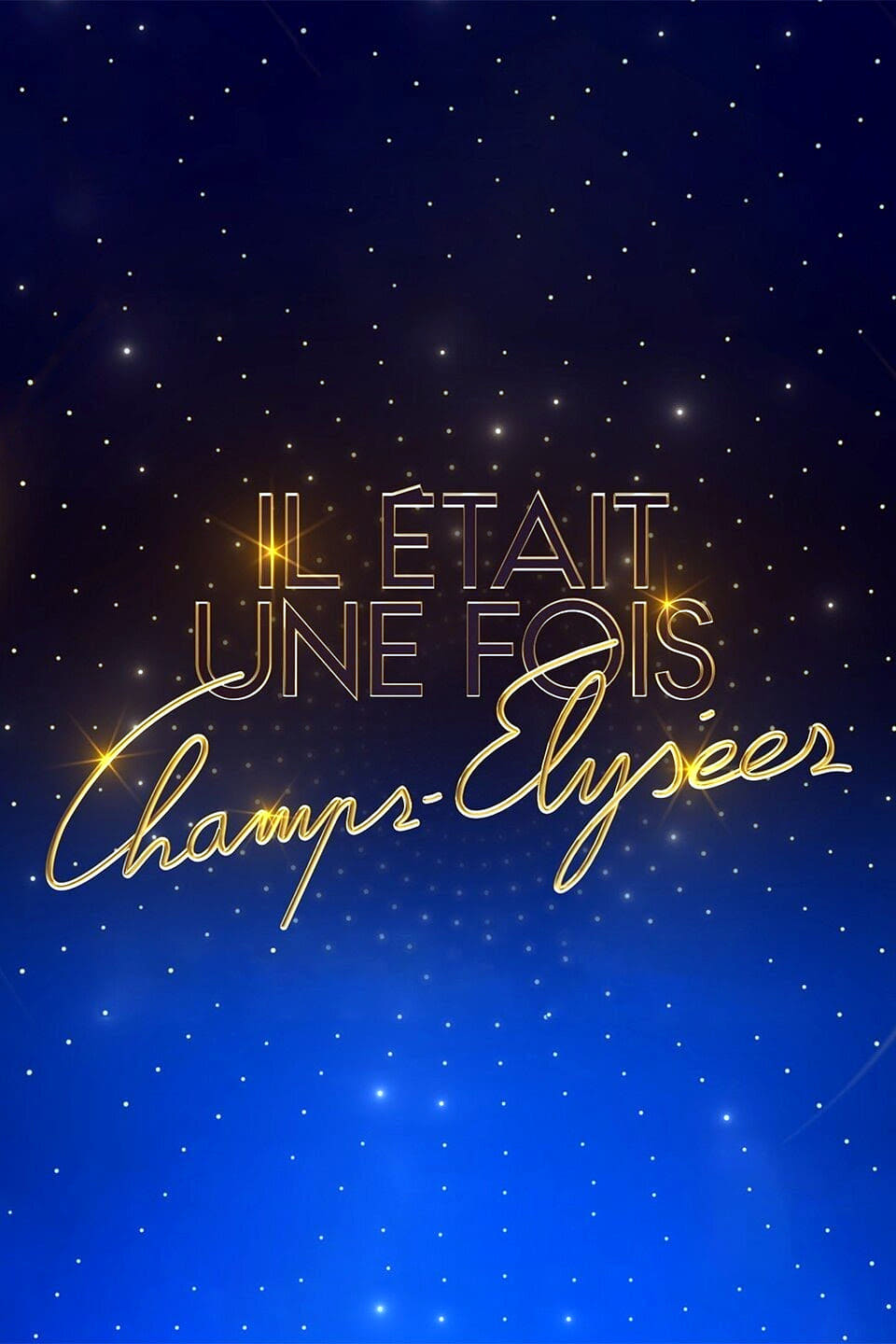

When comedians draw on the family to make people laugh, everyone is concerned. This documentary looks at everything that is horrifying or hilarious in the family: from the "new generation" fathers to the dictates of the perfect mother, as well as the taboos of parenthood, unmanageable teenagers, and unbearable mothers-in-law.
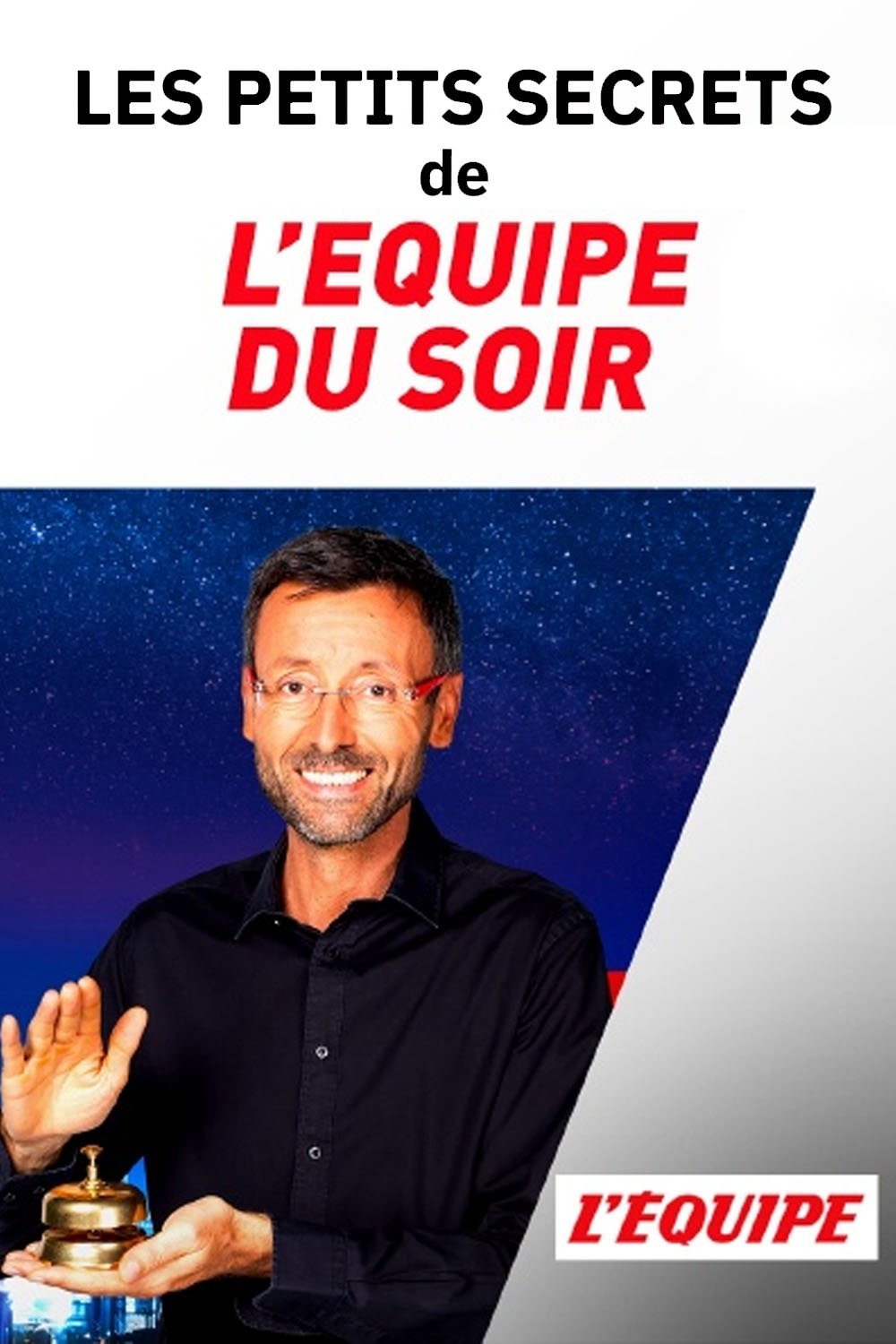

In May 1974, Valéry Giscard d'Estaing became President of the Republic and wanted to bring about a new era of modernity. One of his first decisions was to break up the ORTF with the creation of three new television channels: TF1, Antenne 2 and FR3. Three new public channels but autonomous and competing. It is a race for the audience which is engaged then, and from now on the channels will make the war! This competition will give birth to a real golden age for television programs, with variety shows in the forefront. The stars of the song are going to invade the living rooms of the French for their biggest pleasure. This unedited documentary tells the story of the metamorphosis of this television of the early 1970s, between freedom of tone, scandals, political intrigues and programs that have become mythical.
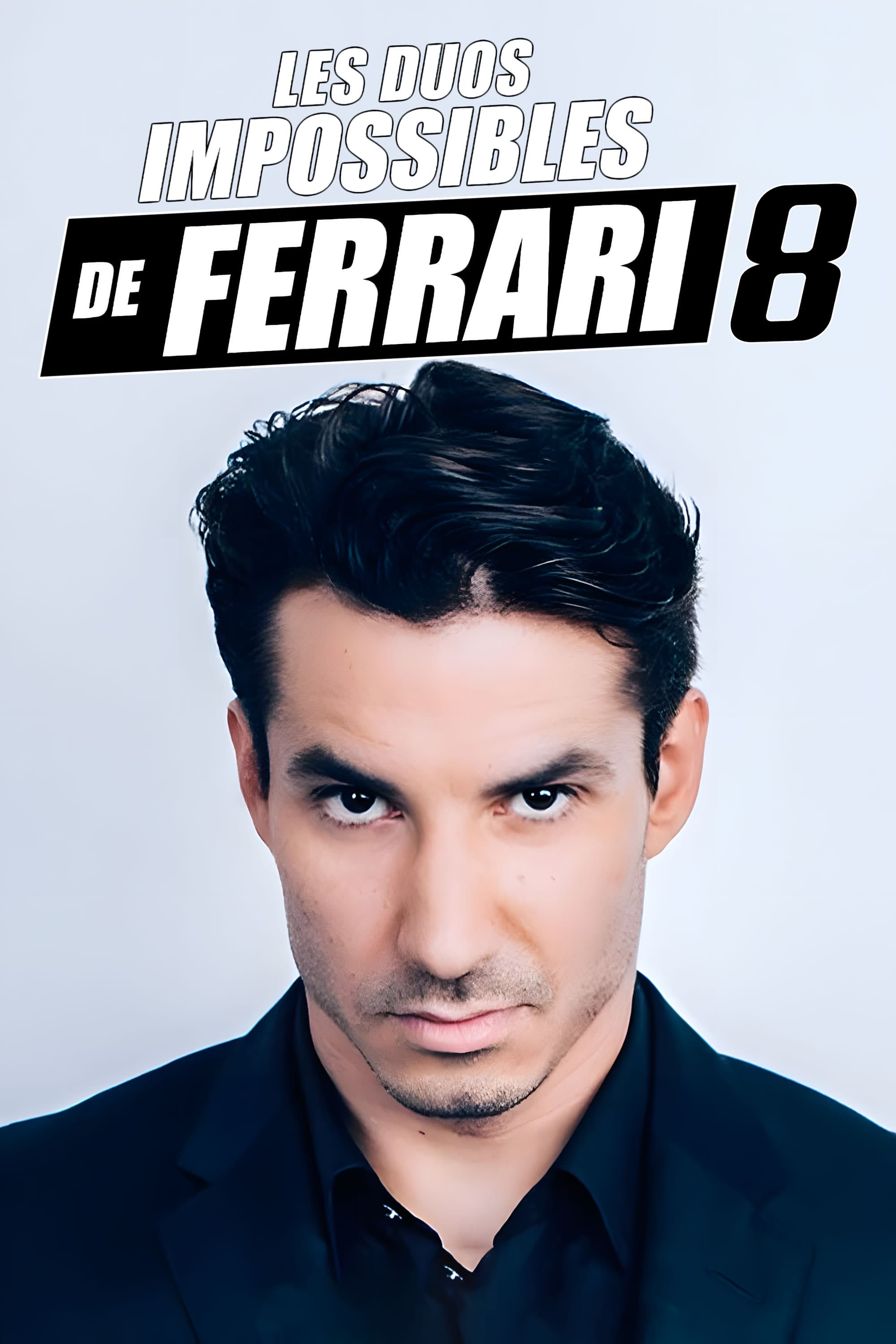
For the 8th edition of his "Duos impossibles", Jérémy Ferrari takes to the Folies Bergère stage with a host of artists chosen by himself. Each was assigned a pairing, and together the duos were tasked with writing and performing a sketch on the year's theme: love.
Michel Drucker (born 12 September 1942 in Vire) is a popular French journalist and TV host. He has been on screen for so long and so permanently (in various shows and on different networks, both public and private), that he once said that some people consider that he was included in the price of their TV sets. His younger brother, Jacques, is a doctor, and his older brother, Jean, was a television executive. He started a journalistic career in 1965 at the ORTF as sports reporter and commentator. Although he kept doing live coverage of major soccer matches until 1986, he soon turned to hosting variety shows, such as Champs-Élysées on Antenne 2 in the 1980s, then Stars 90 on TF1 in the 1990s, then finally Vivement dimanche on France 2 every Sunday afternoon since 1998. Drucker is known for his polite and toned-down attitude towards show-business stars, and best known outside France for the incident between Serge Gainsbourg and American singer Whitney Houston on the television programme, Champs-Élysées. Drucker is Jewish. His father, Abraham Drucker, was a Jewish immigrant who arrived in France in 1925 to study medicine. Drucker is married to French actress Dany Saval and is an uncle of Léa Drucker, an actress, and Marie Drucker, a television journalist on France 2. Source: Article "Michel Drucker" from Wikipedia in English, licensed under CC-BY-SA 3.0.